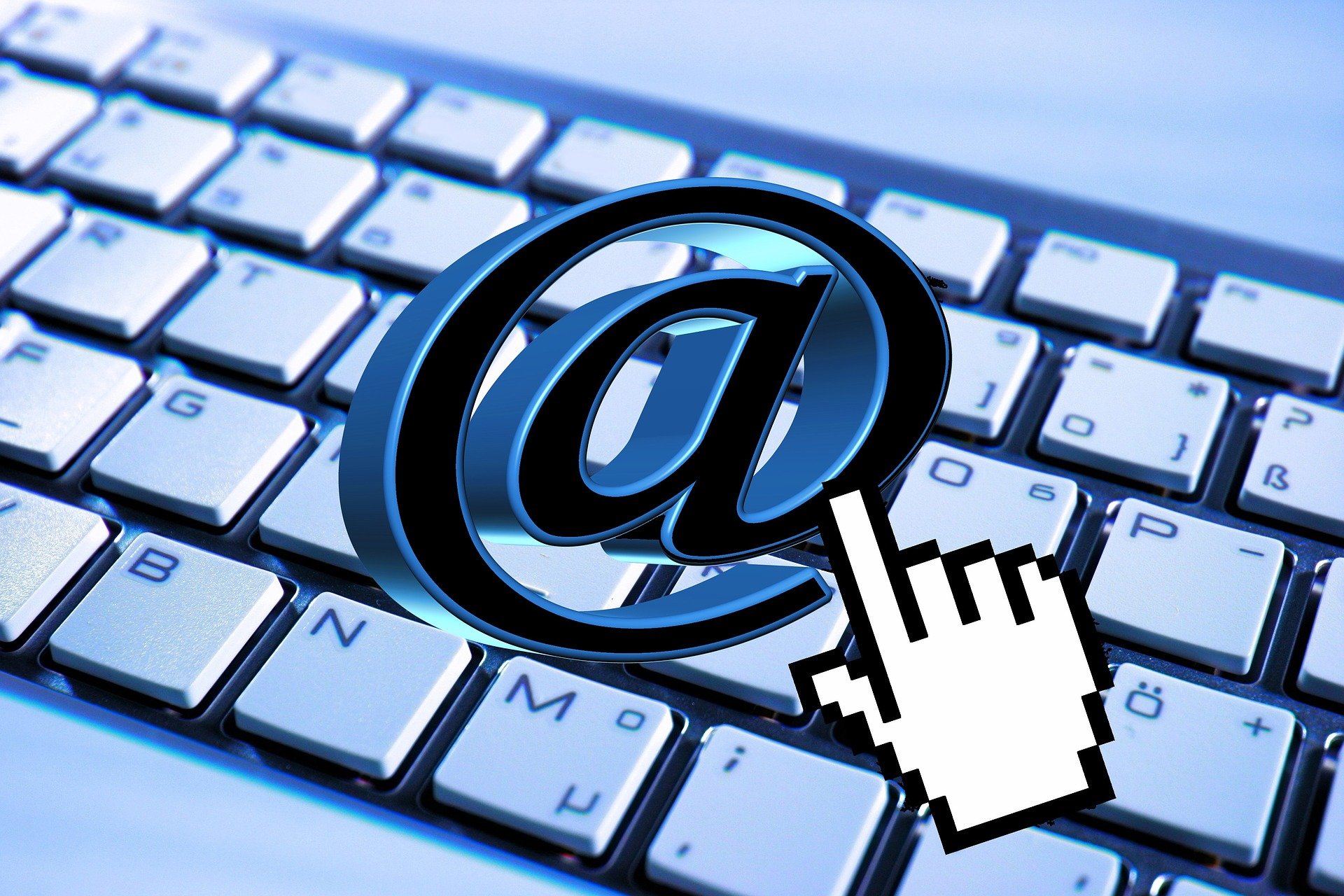Email addresses have been around a very long time – longer than portrayed in the movie You’ve Got Mail. In fact, the first email message was sent back in 1969 (I’m not gonna tell you how old I was back then!); it promptly crashed the server after two letters! According to the Guiness Book Of World Records, Mr. Ray Tomlinson, who earned his S.M. in electrical engineering from Massachusetts Institute of Technology, sent the first successful email message to himself back in 1971.
Since then, email has become a universal form of communication between people, organizations, inside organizations (intranet), even congressional leaders. When it works, it’s a near-instant messaging system that can reach anyone with a valid email address. Thanks to advancements in technology over the years and since the birth of web hosting companies back in 1995, people can now get email on any device, anywhere there is a signal – even on their mobile phones.
An email address is great when it works, and it nearly always does. So, why is it necessary to have a back-up email address?
Hackers.
Unfortunately, email is not always the most secure method of sending sensitive information. Banks and insurance companies tend to use intranet forms and message their customers directly to complete one when information is necessary. Financial managers prefer to not have account information sent via email because it can be hacked so easily. With simple programs, hackers can get a lot of information from just the header of an email, worse if you’ve supplied anything critical in the body (i.e., social security number, bank account information, etc.). Then, to make matters worse, they can create an email that looks oh-so-official as to fool nearly anyone! Oh, sure, people should know better by now, and here’s a tip: it’s not just older people who fall victim to this scheme.
Hackers, part deux.
Hackers, again? You bet. This story is personal: a little more than a decade ago, someone hacked my website through my comments section (hence why comments are turned off). They didn’t stop there! They started sending out hundreds of spam email from my account, my own email address, and made it look like it was from me! Before my hosting company caught on and figured out how this was accomplished, a little more than 500 pieces of spam email were sent from my email address daily. It took too long to figure out, and clients couldn’t get hold of me. What a nightmare!
Email server dies.
Servers are hard pieces of equipment; even virtual ones use actual physical equipment. Larger companies may build with what’s called “redundancy” to avoid single points of failure in their equipment. Smaller companies should but may not have the resources to always pull that off. How this could affect your email address is if you’re connected to a smaller company and their email server box unexpectedly loses their hard drive(s). It could happen; it just happened to a hosting company I partner with. The end result was trying to get back-up email addresses from their customers or resetting their passwords via phone. Not pretty.
Company folds.
Your email or web hosting company (if they’re serving your email) is a business like any other, and subject to “supply in demand”, competition, economic gains and woes, or business owner retirement. Hopefully, your company would give you a heads-up if they did decide to sell their book of business to another company or simply go out of business. If not, you may wake up one day and find your email address unusable.
Hackers, part trois.
Many companies using Microsoft Exchange Email Servers were just treated to the dratted Y2K22 bug, rendering their email servers useless and your email address inaccessible. Don’t you wish these clowns had better things to do with their time? Sheesh!
Subscriptions.
Let’s say you want to sign up for something – anything – and you don’t want the company to get your “real” email address. You could create a back-up email address just for subscriptions. Then, when you get a message in your “real” email box that talks about something you think you signed up to receive, you’ll know it’s spam.
Keep it personal.
One more reason: personal email. This could be anything from communication with your child’s teacher/school, utilities, financial advisor, or family. By utilizing a back-up email address for personal use, you control who gets it and cut down on the spam.
An email address is great for communication. Don’t be caught with a single point of failure. Protect your communication – and your business – and create a back-up email address today.
Be strategic. Be visible. Be found.
Ready to start using social media smarter, not harder? Schedule a 15-minute one-on-one coffee chat over ZOOM to talk about strategically incorporating both social media and inbound strategies into your current marketing plan.
Branded ZOOM backgrounds allow businesses to not only add another option for secondary marketing, but also confirm both identity and authority to prospects and customers. Investment starts at $60. Visit our webpage to get started.
#smallbusiness #businesstips #marketingtips #socialmedia #digitalmarketing #visiblymedia #tuesdaythoughts






